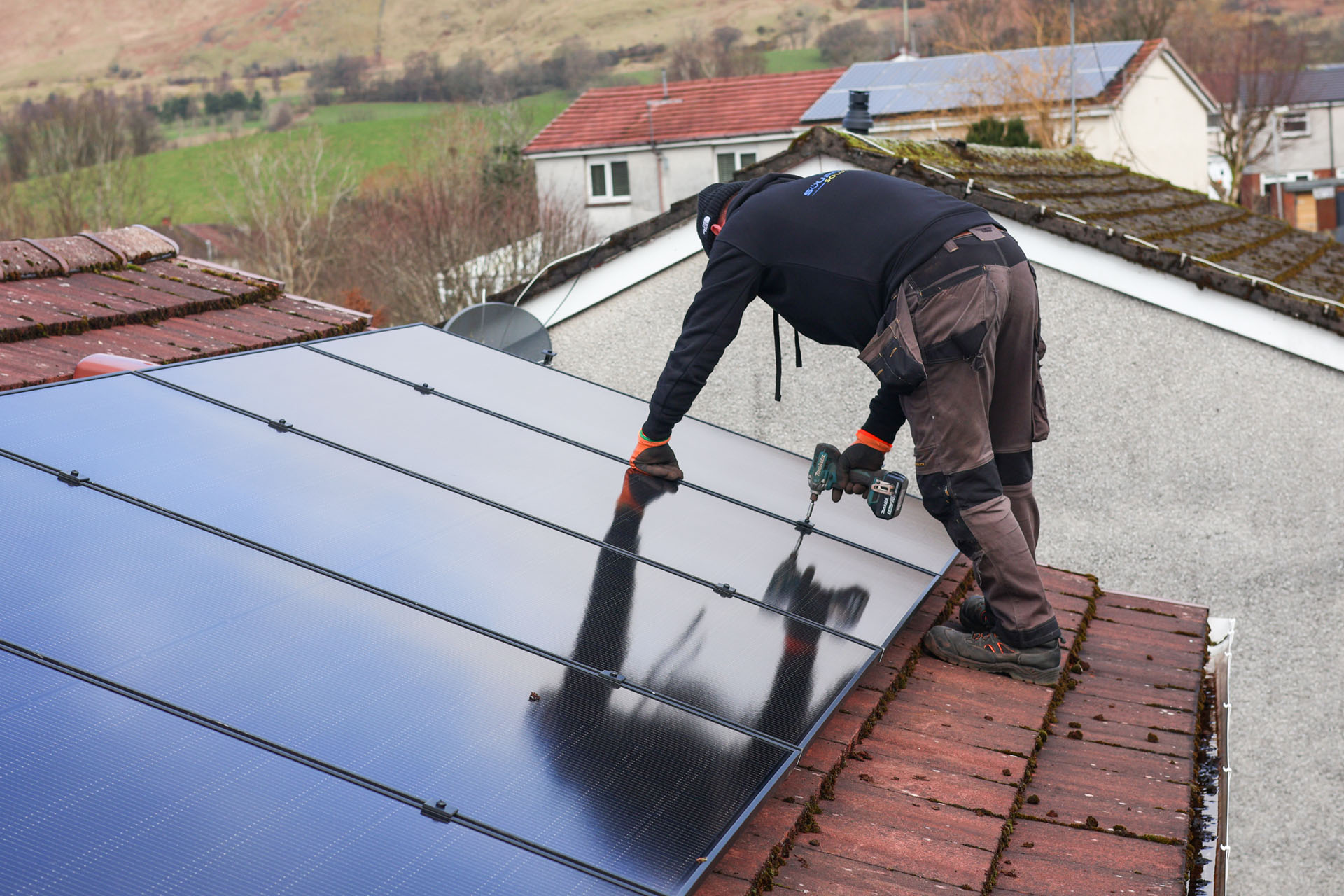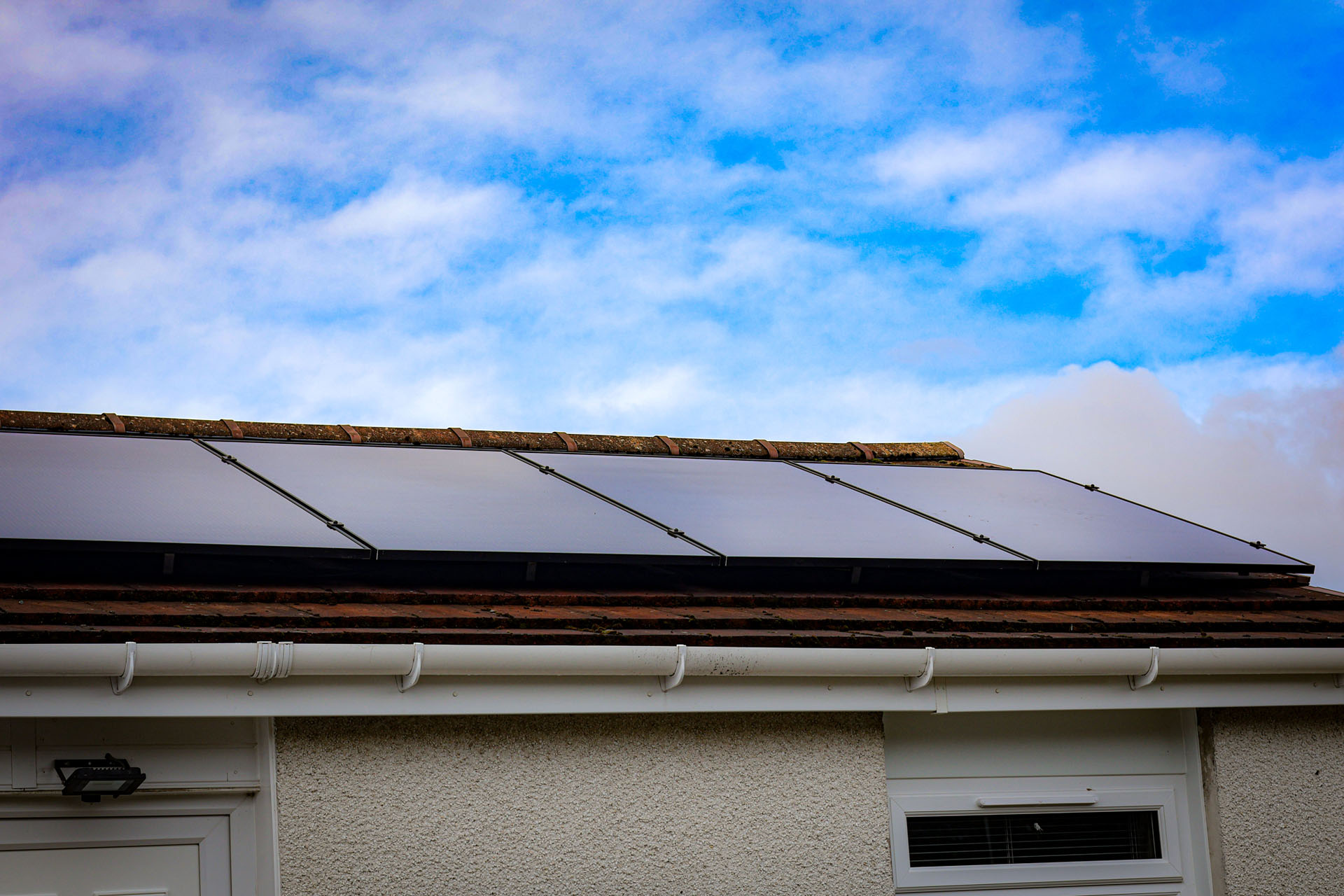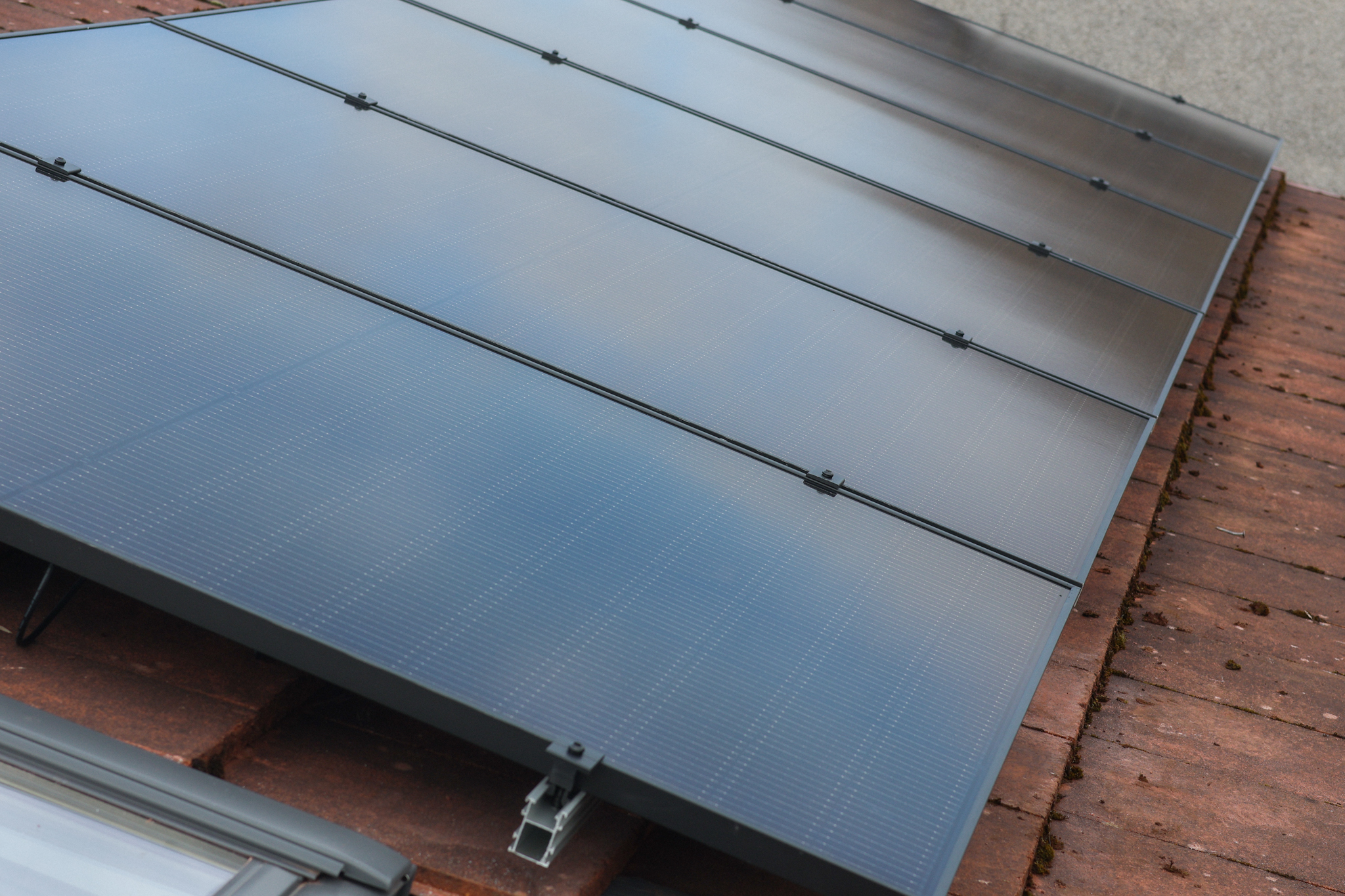Solar energy is a fantastic way to reduce your carbon footprint and save on energy bills. However, like any other significant investment, solar panels require regular maintenance to ensure they are operating efficiently. One critical aspect of this maintenance is regular inspections. But how often should solar panels be inspected? Let’s dive into this topic to ensure your solar energy systems stay in top shape.
Understanding Solar Panel Inspections
What is a Solar Panel Inspection?
A solar panel inspection involves a thorough check-up of your solar energy system to ensure all components are functioning correctly. This process includes examining the physical condition of the panels, checking the electrical connections, and assessing the overall system performance.
Components Checked During an Inspection
During an inspection, the following components are typically examined:
Solar Panels: Checked for cracks, dirt, and shading issues.
Inverters: Ensure they are working efficiently.
Mounting Systems: Inspected for stability and signs of corrosion.
Electrical Connections: Checked for wear and proper functioning.
Monitoring Systems: Ensure accurate tracking of energy production.
Frequency of Solar Panel Inspections
Manufacturer Recommendations
Most solar panel manufacturers recommend an inspection at least once a year. This recommendation ensures that any potential issues are caught early, preventing significant damage and costly repairs.
General Guidelines for Inspection Frequency
Annual Inspections: A yearly inspection is a good rule of thumb for most residential solar panel systems.
Bi-Annual Inspections: In areas with extreme weather conditions or high pollution levels, bi-annual inspections might be necessary.
Post-Event Inspections: After severe weather events like storms or heavy snowfall, an additional inspection is advisable.
Factors Influencing Inspection Frequency
Environmental Factors
Environmental conditions play a significant role in determining how often your solar panels should be inspected. Areas with high pollution, heavy snowfall, or frequent storms may require more frequent inspections to ensure debris and weather impacts have not damaged the panels.
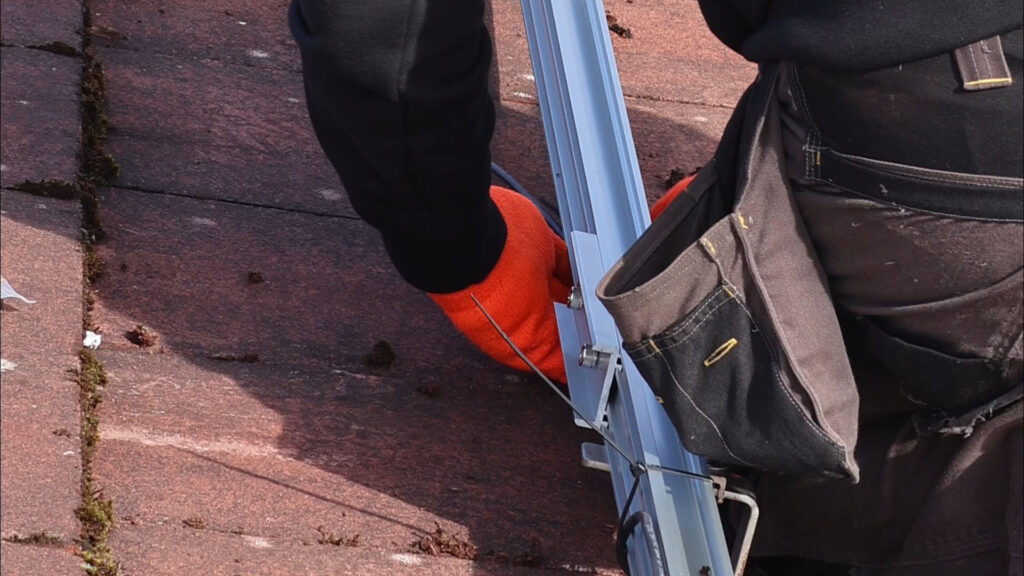
Age of the Solar Panels
As solar panels age, they may require more frequent inspections. Older panels can develop issues that younger panels are less likely to experience, such as increased susceptibility to wear and tear.
Type of Solar Installation
The type of installation can also affect inspection frequency. Ground-mounted systems might need more frequent checks due to exposure to ground-level debris, while roof-mounted systems might be less susceptible to such issues but still need regular inspections for damage or wear.
Benefits of Regular Solar Panel Inspections
Optimising Efficiency
Regular inspections help ensure that your solar panels are operating at peak efficiency. Identifying and fixing issues like dirt buildup or shading can significantly improve energy output.
Preventing Major Repairs
Catching small issues early can prevent them from becoming major problems. For instance, a minor crack in a panel can be fixed before it spreads and necessitates replacing the entire panel.
Extending Panel Lifespan
Routine maintenance and inspections can extend the lifespan of your solar panels, providing better returns on your investment and delaying the need for a costly replacement.
Signs That Indicate a Need for Immediate Inspection
Visible Damage
If you notice any visible damage, such as cracks or warping, it’s time for an immediate inspection. Even minor damage can affect your panels’ efficiency and should be addressed promptly.
Unexpected Drop in Energy Output
A sudden and unexplained drop in energy output is a red flag. This could indicate issues with the panels, inverters, or connections, and requires immediate attention.
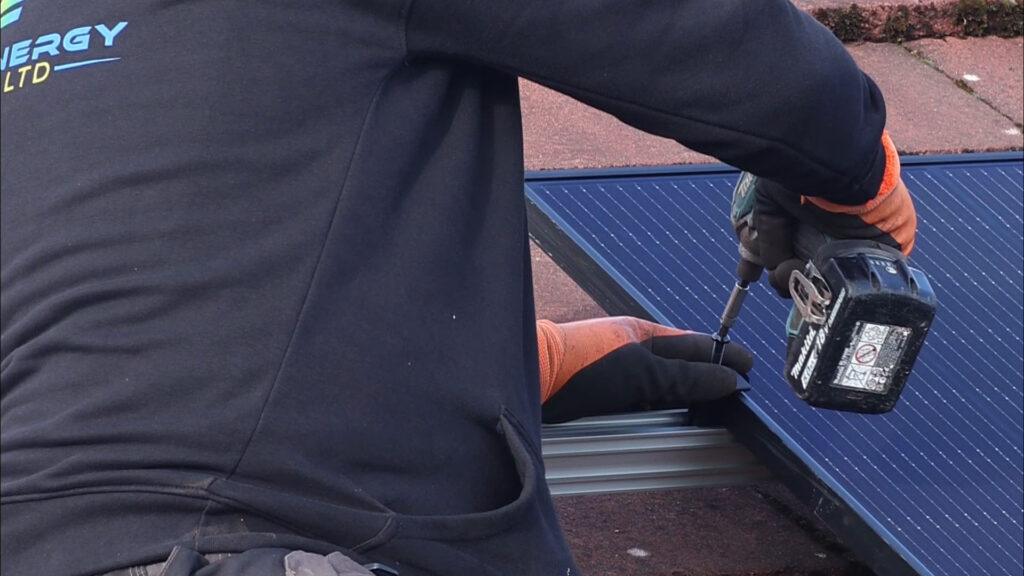
Weather Events
Severe weather events, such as hailstorms or hurricanes, can cause significant damage to solar panels. It’s essential to inspect your system after such events to assess any potential damage.
Professional Solar Panel Inspection Services
What to Expect from a Professional Service
Professional inspection services offer a comprehensive check of your solar panel system, this includes:
Detailed physical examination of panels.
Electrical testing of connections and inverters.
Performance analysis using specialised tools.
Common Issues Found During Inspections
Dirt and Debris Accumulation
One of the most common issues is the accumulation of dirt and debris on the panels, which can significantly reduce their efficiency. Regular cleaning can help mitigate this problem.
Electrical Issues
Loose or damaged electrical connections are another common issue. These can affect the overall performance of your system and pose a safety risk.
Physical Damage
Physical damage, such as cracks or warping, can occur due to environmental factors or physical impact. This damage can compromise the efficiency and safety of your solar panels.
Conclusion
We hope we have answered the common question of ‘how often should solar panels be inspected?’ Regular inspections are vital to maintaining the efficiency and longevity of your solar panels. By adhering to a routine inspection schedule, you can optimise your system’s performance, prevent major repairs, and extend the lifespan of your investment.
If you need a maintenance check for your solar energy system, get in touch with one of our specialist team today.
